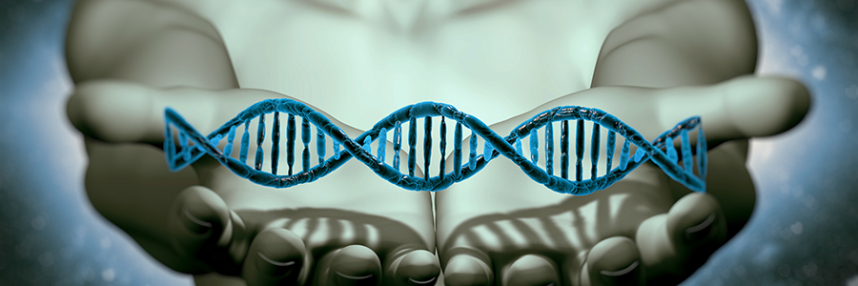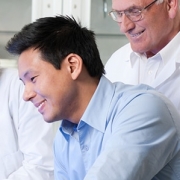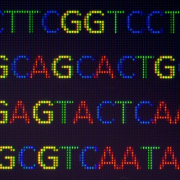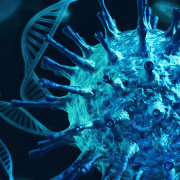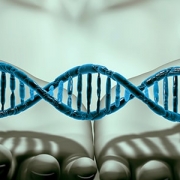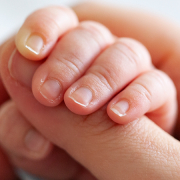The first ‘three-parent baby’ – of many?
Birth of baby boy with DNA from three parents puts ethical debate on mitochondrial transfer technique back in the spotlight
The first baby is said to have been born following use of a technique called mitochondrial transfer (MT), intended to allow mothers with defective mitochondria to have babies unaffected by mitochondrial disease. Mitochondria are the energy-producing structures of cells; defects in genes related to their structure and function can cause severe disease and death in childhood or young adulthood.
A selective inheritance
Whilst some of the mitochondrial genes sit in the normal genome, others exist separately within mitochondria themselves. This mtDNA is passed from mother to child via the egg cell. If the mother carries disease causing mtDNA mutations, an egg cell from a healthy female donor instead can be used to create a healthy embryo for in vitro fertilisation (IVF). However, the new MT techniques go further, allowing the creation of healthy embryos that are nevertheless closely genetically related to the biological mother often dubbed ‘three-parent babies’. This is technically correct, but rather misleading; whilst DNA from three separate adult ‘parents’ is used, the vast majority comes from the two biological parents.
The nuclear genome of the mother’s egg cell is combined with the rest of the egg cell from a donor (the nuclear genome having been removed) to create a hybrid egg cell for fertilisation. The resultant embryo has 99.9% of its genetic material from the biological parents, and 0.01% from the anonymous donor.
Now it seems that the first baby has been born following the use of mitochondrial transfer – but not in the UK, despite this being the first (and so far the only) country to make it explicitly legal. The baby boy was born to Jordanian parents who had lost previous children to mitochondrial disease. The couple were treated by a US doctor – but as the procedure itself is illegal in the US, it was performed at a clinic in Mexico. Five embryos were reportedly produced of which only one developed normally, resulting in an apparently healthy child, now three months old.
Expert reaction and ethical concerns
Reaction to the news from UK experts has been muted, largely because only a short scientific abstract is available; results are scheduled to be presented in more detail at a conference later this month. Professor Alison Murdoch commented: “If this baby has been born as suggested then that would be great news. The translation of mitochondrial donation to a clinical procedure is not a race but a goal to be achieved with caution to ensure both safety and reproducibility.”
Recent changes in UK law that were necessary to permit the use of MT nevertheless dictate strict regulatory oversight, to ensure that only genuine experts perform it and in the context of strict ethical guidance. In the US, although some children with three genetic parents have been born in the past, MT is currently illegal due to ethical and safety concerns.
It is likely that we will soon see children conceived using MT born in the UK, but probably in small numbers, as it is only suitable for some families affected by mitochondrial disease, and only permitted to prevent cases of serious disease.
–


